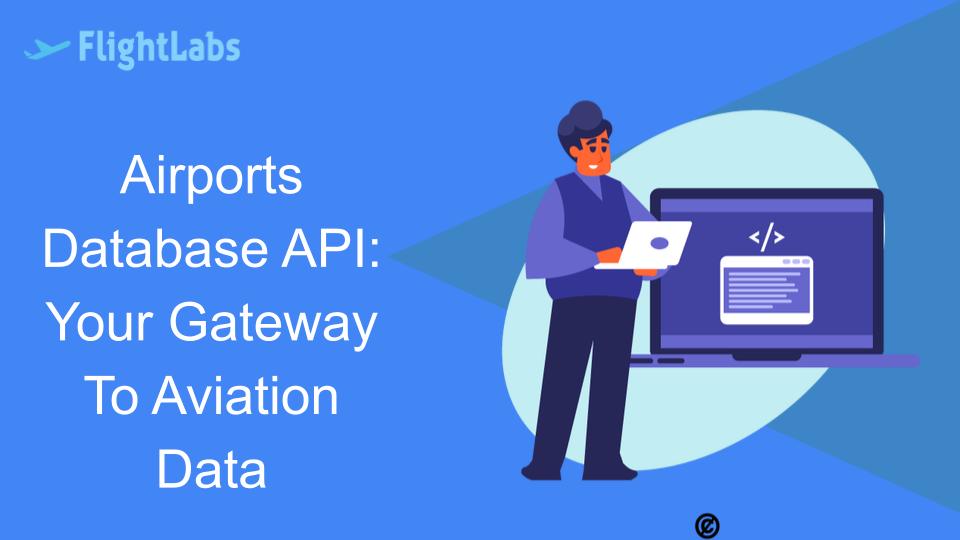Airports Database API: Your Gateway To Aviation Data

In today's fast-paced aviation industry, access to real-time and comprehensive data is crucial for airlines, airports, and developers alike. The Airports Database API has emerged as a game-changer, providing a gateway to a wealth of aviation data that empowers decision-making, enhances operational efficiency, and improves the overall passenger experience.
Overview of Airports Database API
The Airports Database API is a cutting-edge platform that offers a wide range of functionalities related to aviation data. From real-time flight information to detailed airport data and advanced search capabilities, this API provides a one-stop solution for all aviation data needs.
Explaining the Importance of Aviation Data Accessibility
Aviation data accessibility is paramount in today's digital age. Airlines and airports rely on accurate and up-to-date information for flight planning, scheduling, and operations. With the Airports Database API, this data is easily accessible, leading to improved efficiency and better decision-making.

Evolution of Aviation Data Technology Using The Best API: FlightLabs
Over the years, aviation data technology has evolved significantly. From manual data collection to automated systems powered by APIs like the Airports Database API, the industry has witnessed a transformative shift towards efficiency, accuracy, and reliability.
Key Features of FlightLabs
The FlightLabs boasts several key features that set it apart. These include:
- Real-time Flight Information: Access live updates on flight statuses, delays, and cancellations.
- Comprehensive Airport Details: Get detailed information about airports worldwide, including facilities, services, and contact details.
- Advanced Search and Filtering Options: Easily search and filter data based on specific criteria, such as flight numbers, destinations, and schedules.
- Integration Capabilities: Seamlessly integrate the API into existing systems and applications for enhanced functionality.
Benefits of Using FlightLabs
The benefits of using the Airports Database API are manifold:
- Enhanced Flight Planning and Management: Plan and manage flights more efficiently with access to accurate and real-time data.
- Improved Passenger Experience: Provide passengers with timely updates and information, enhancing their overall travel experience.
- Cost-effective Solutions for Airlines and Developers: Save time and resources by leveraging a reliable and cost-effective aviation data solution.
Case Studies and Success Stories
Numerous airlines, airports, and developers have already experienced the benefits of using the FlightLabs. Case studies and success stories highlight how this API has streamlined operations, increased productivity, and improved customer satisfaction.
Real-life Examples of Airports Database API Implementation
From major airlines to small-scale developers, real-life examples demonstrate how the FlightLabs has been successfully implemented to address various aviation data needs. These examples showcase the versatility and effectiveness of the API across different use cases.
Impact on FlightLabs
The impact of the FlightLabs on the aviation industry cannot be overstated. By providing access to reliable data and advanced functionalities, this API has contributed to increased efficiency, reduced costs, and improved safety standards.

Future Trends and Innovations in FlightLabs
Looking ahead, the future of aviation data technology promises even more innovations. Advancements in data analytics, artificial intelligence, and machine learning will further enhance the capabilities of APIs like the Airports Database API, paving the way for a more connected and efficient aviation ecosystem.
Conclusion
In conclusion, the FlightLabs represents a significant milestone in aviation data technology. Its comprehensive features, real-time updates, and seamless integration capabilities make it a valuable asset for airlines, airports, and developers. As the industry continues to evolve, APIs like this will play a crucial role in shaping the future of aviation data integration and accessibility.